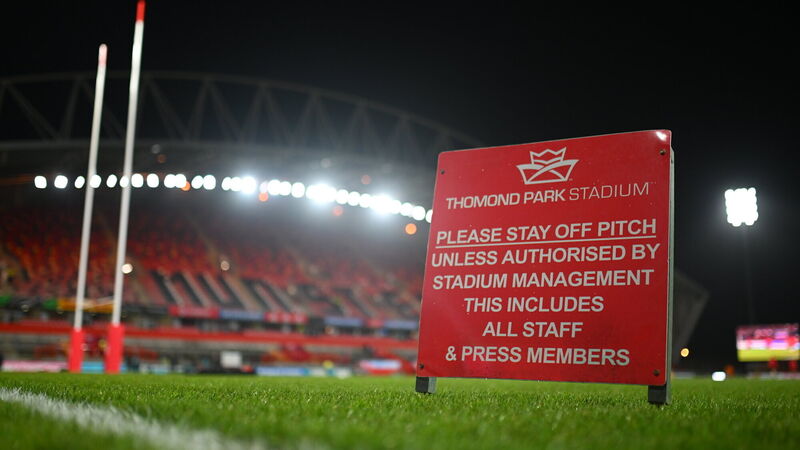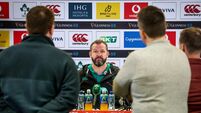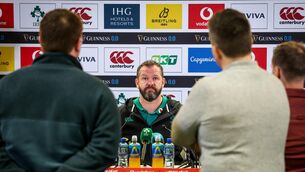Donal Lenihan: Rugby's January blues could extend for some time yet

The financial impact of this pandemic on professional rugby is set to last long after medical science renders the virus ineffective. A critical point has been reached.
Apart from having to deal with the daily grind of adhering to the strict protocols associated with operating in a tightly controlled covid induced training bubble, the top players must now deal with the challenge of preparing for three vastly different tournaments in quick succession.
Such is the lot of the international contingent who this month dip their toes into the United Rugby Championship and the Heineken Champions Cup along with preparation time in Irish camp for the fast-approaching Six Nations.













